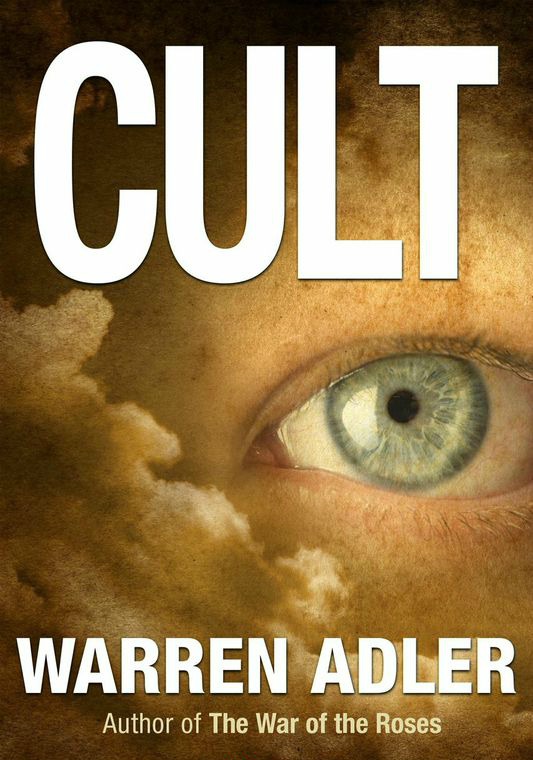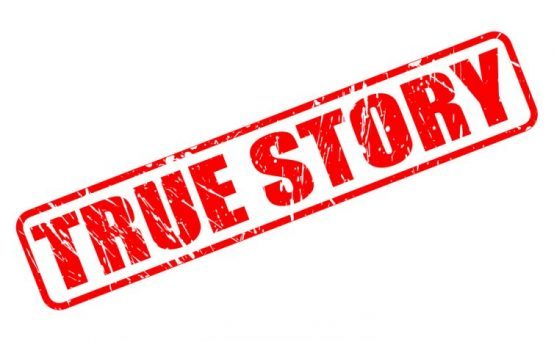What Does it Mean to be “Based On a True Story”?
I have always been somewhat amused by the phrase ‘Based on a True Story’ that I see on book covers and movie screens. The line is of course a marketing strategy to connect potential readers or viewers with what is essentially a fictional interpretation of an authentic, perhaps remembered, contemporary or historical event or situation, well known or not, that might trigger interest.
In an odd way it embellishes the definition of all fiction as based on “true” stories as defined, interpreted, observed, remembered or imagined by the author. From the creative writer’s viewpoint all stories and characters are “true” whether they are based on authentic contemporary or historical events and people or not. Therein lies the beauty of imaginative invention.
The Mysterious Engine
Like all allegedly lofty pronouncements, mine is based solely on personal experience in the form of more than fifty novels and many short stories. All of these efforts have come  out of the amalgam of observed situations, random readings, journalism, news, other fictions, personal traumas, encounters, memories, fantasies, dreams, frustrations, humor, pain, loss, stress, joy, pleasure, and whatever else my brain cells have encountered as they passed through a mysterious engine of cognition.
out of the amalgam of observed situations, random readings, journalism, news, other fictions, personal traumas, encounters, memories, fantasies, dreams, frustrations, humor, pain, loss, stress, joy, pleasure, and whatever else my brain cells have encountered as they passed through a mysterious engine of cognition.
The very mention of the brain, our master circuit of total control, brings to mind the ultimate illustration of what I am trying to make understandable and my novel “Cult” is a fair example of what I am getting at.
It is “based upon” a personal experience in which I was able to observe first hand how the brain of a loved one was manipulated and enslaved by an idea that could obliterate all past logic and reduce one to acceptance of a self-destructive motivation founded on the premise of immortality and the promise of perpetual pleasure and reward.
That personal experience and the events I observed morphed itself into a wholly imagined story, a rearrangement of the “truth” of my observation of the power of this destructive transformation. What I consciously realized as I developed this story line was the worldwide implications of what I discovered through this experience and how it related to what was going on outside the orbit of my composition: How was it possible for people to accept a belief that a joyous and pleasurable immortality would be granted to those who obeyed the commandments of those who had essentially found a way to manipulate unsuspecting and susceptible brains?
The Filtering Process
It is a mind boggling truth that people, mostly young people, have been persuaded to kill others by becoming human bombs, and have been manipulated to believe they will be rewarded for such an act merely on the basis of ‘listening” to those who had discovered the method to command them to perform such destructive acts.
Suicide bombers are now an accepted part of the landscape of warfare, ordered to willingly destroy their lives and especially the lives of alleged enemies, to achieve a welcoming journey to a heavenly fantasyland. I observed the methodology of this process and wrote a story based on my baring witness. Yes, indeed, the story could be said to be “based” on what was “true” as filtered through the invention of a creative writer.
The point here is that all fictional writing is based upon a personal “truth” as conceived by the writer. It may be categorized as “fiction” for purposes of marketing but to the serious composer it is the absolute unvarnished truth.


